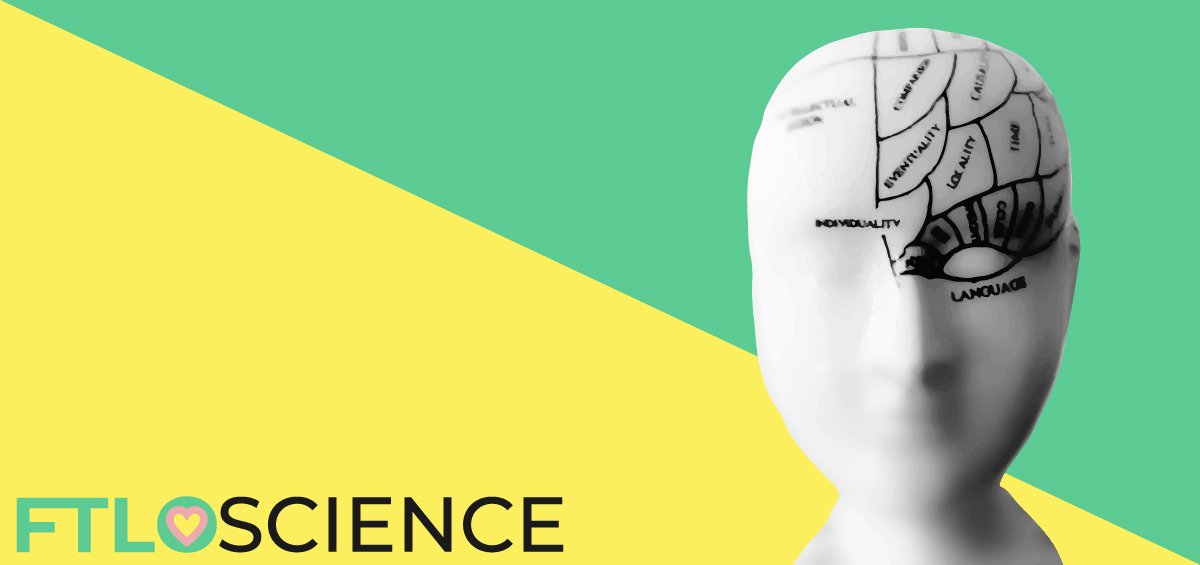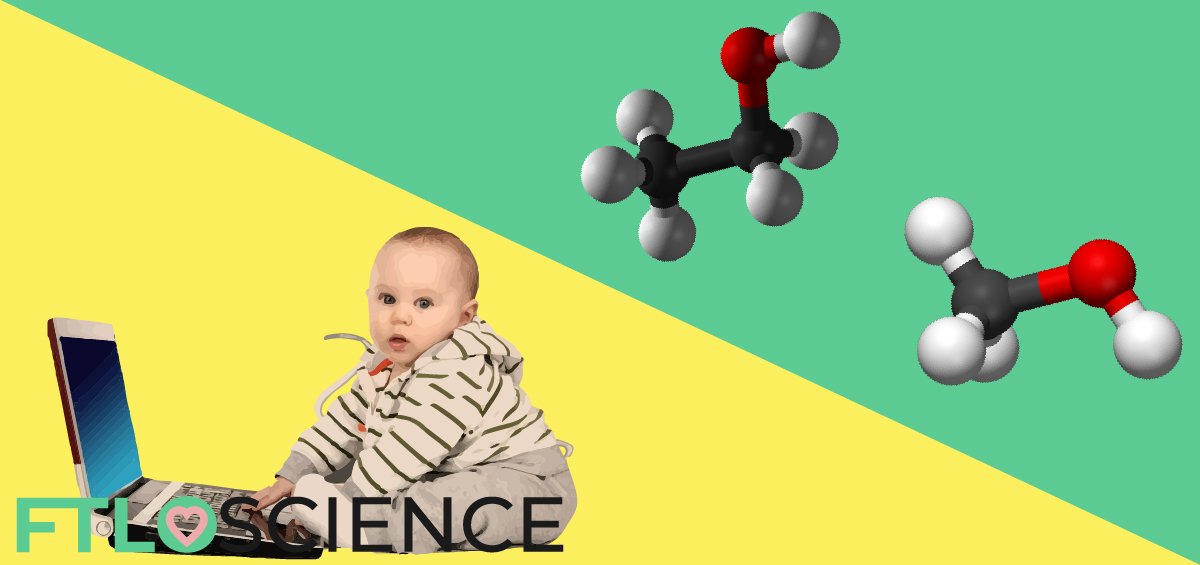Articles by Contributor
The Cooking Ape Hypothesis: How Humans Became Intelligent
Chimpanzees are our closest cousins, yet we differ from them in many aspects—the most telling being our brain capacities. Have you ever wondered how humans diverged from apes and how we attained our (allegedly) superior intelligence? It might be hard to believe, but the reason could be as simple as the act of cooking. Known as the ‘Cooking Ape hypothesis’, many scientists today agree that cooking was the catalyst for the development of our intelligence. […]
A New Hypothesis for the Increased Rates of Autism Worldwide
We observe a steady increase in autism spectrum disorder (ASD) mainly in developed countries, where stressors like famine, pollution, stress and chronic inflammation are at their lowest levels in recorded history. Specifically, current conditions for humans in developed countries have never been so favorable for such a prolonged period of time and they continue to improve steadily. However, stressors are still hypothesized to be the main cause of the increasing prevalence of ASD and of other mental health and neurological disorders. […]
Chemistry For Babies and The Impact of Early Science Education
Science books for babies may have stemmed from the geeky crowd bent on buying science-themed gifts for their kid (or their friend’s children), but it has the potential to truly impact learning. Categorization skills, for example, are developed in infancy, which remains important throughout life. Nurturing them with the right tools could children grasp difficult concepts in science later in life. […]
Creating a Truly Conscious AI—A Novel Approach
At present, artificial intelligence (AI) is only capable of performing very specific tasks such as low-level visual recognition, speech recognition, coordinated motor control and pattern detection. However, the development of truly conscious AI systems will allow us to gain knowledge and further our understanding of how consciousness works. But in order to do so, machines must first become self-aware. A new hypothesis has emerged that current AI developments fail in this area because they often miss out on a key component: introspection. […]
How To Create Designer Babies
Making alterations to your genome–also known as gene editing–is all the rage these days. Recent breakthroughs in this field enable us to make precise changes in the DNA, giving rise to many medical possibilities. While this technology can help pinpoint and even eradicate genetic diseases, it can also be used to engineer perfect ‘designer babies’. But what are the consequences and ethical issues associated with such a practice? […]






